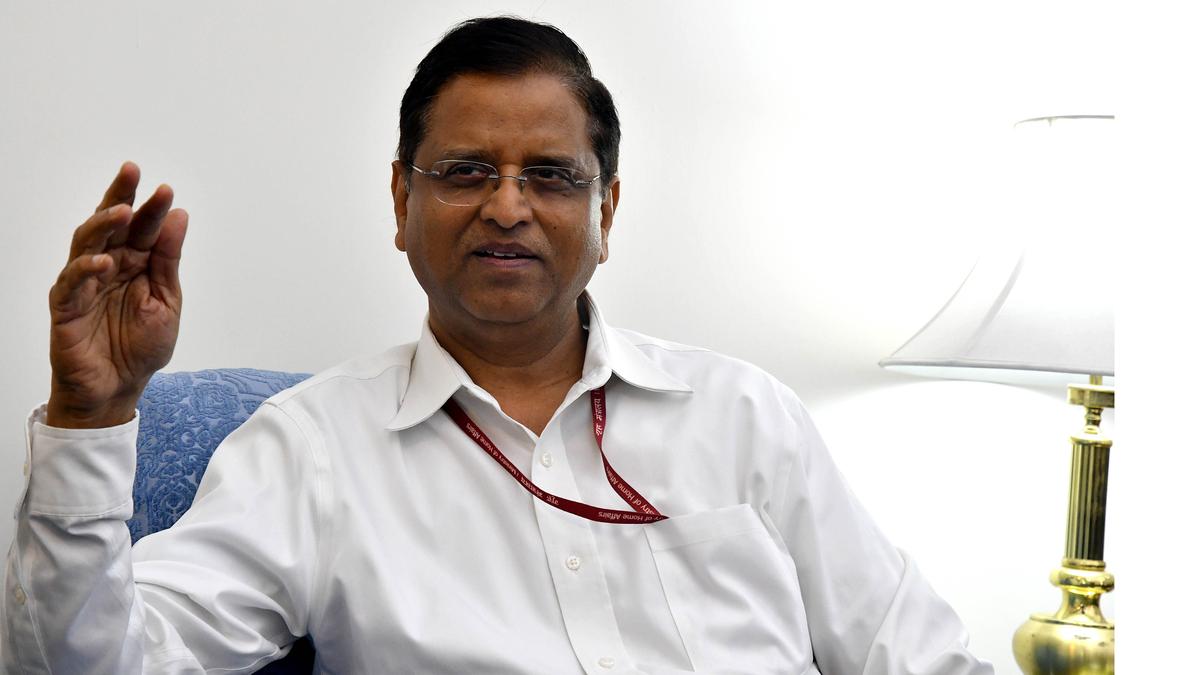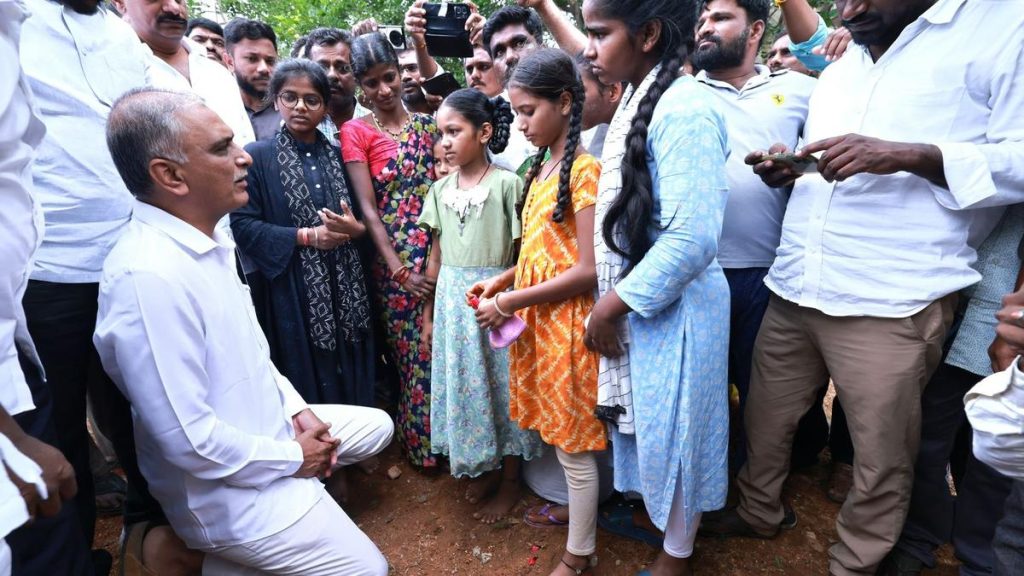Now Reading: MEA Missteps on Indus Treaty Talks, Claims Ex-Finance Secretary Subhash Garg
-
01
MEA Missteps on Indus Treaty Talks, Claims Ex-Finance Secretary Subhash Garg
MEA Missteps on Indus Treaty Talks, Claims Ex-Finance Secretary Subhash Garg

Speedy Summary
- Former finance Secretary Subhash Chandra Garg, in his new book No, Minister: Navigating Power, Politics and Bureaucracy with a Steely Resolve, has revealed tensions between the Indian Ministry of External Affairs (MEA) and the World Bank during 2016 negotiations involving the indus Water Treaty with Pakistan.
- The key dispute centered on whether a “neutral expert,” as India wanted,or a “court of arbitration,” as Pakistan had requested,would be appointed to address disagreements over the kishenganga hydropower project.
- According to Garg’s account:
– MEA officials struggled to influence the World Bank’s decision-making process and felt it was leaning towards Pakistan.
– Garg intervened independently in November 2016 after being sidelined initially, confronting MEA’s Joint secretary Gopal Baglay.
– his one-on-one meeting with World Bank President Jim Kim reportedly led to appointing both an expert (Ian Solomon) and a Chairperson for arbitration at The Hague.
- India refused to attend arbitration proceedings at The Hague and claims such dual mechanisms violate treaty terms. Pakistan maintains its actions comply fully with treaty obligations.
- Broader issues discussed include concerns over multilateral funding for projects affecting regional contexts (e.g., Kishenganga & Ratle projects in Jammu-Kashmir; Gulpur hydropower project in Pakistan Occupied Kashmir).
- Garg noted communication gaps between Indian government entities like MEA and global institutions harmed India’s strategic interests.
Indian Opinion Analysis
The revelations highlight critical challenges for India regarding diplomatic engagement with international organizations on sensitive bilateral treaties such as the Indus Water Treaty. While Mr. Subhash Chandra Garg attributes improved outcomes during negotiations to his direct intervention, his critique points out how institutional turf wars can undermine collective efforts during high-stakes disputes.
India’s refusal to participate in proceedings at The Hague might limit its ability to shape outcomes effectively or counteract perceived biases within these platforms. This may set an important precedent about India’s approach toward multilateral dispute resolution mechanisms as new economic and geopolitical challenges evolve.
Further communication lapses between government ministries (Finance vs External Affairs), underscored by Mr. Garg’s observations across roles he held later domestically, suggest opportunities for systemic reforms aimed at bridging inter-departmental disconnects-particularly when dealing simultaneously with external stakeholders like the World Bank or foreign governments.
For future developments linked directly or indirectly to water-sharing treaties amid rising regional tensions (India-Pakistan-China nexus), enhancing internal cohesion while aligning strategies within globally accepted frameworks could prove vital for both diplomatic leverage and protecting national interests.

























